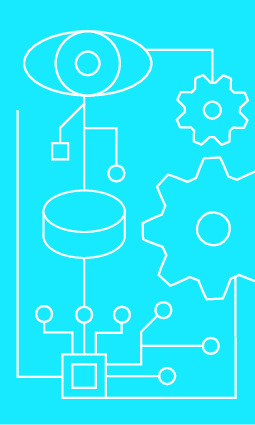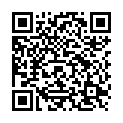|
|
|
| Module code: MST.QUA |
|
3V+1U (4 hours per week) |
|
3 |
| Semester: according to optional course list |
| Mandatory course: no |
Language of instruction:
German |
Assessment:
Project work, oral examination 15 min.
[updated 01.10.2020]
|
E714 (P211-0257) Electrical Engineering, Master, ASPO 01.10.2005
, semester 7, optional course
MTM.QUA Mechatronics, Master, ASPO 01.04.2020
, optional course
MST.QUA Mechatronics and Sensor Technology, Master, ASPO 01.04.2016
, optional course
MST.QUA Mechatronics and Sensor Technology, Master, ASPO 01.10.2011
, optional course
|
60 class hours (= 45 clock hours) over a 15-week period.
The total student study time is 90 hours (equivalent to 3 ECTS credits).
There are therefore 45 hours available for class preparation and follow-up work and exam preparation.
|
Recommended prerequisites (modules):
None.
|
Recommended as prerequisite for:
|
Module coordinator:
Prof. Dr. Benedikt Faupel |
Lecturer: Prof. Dr. Benedikt Faupel
[updated 27.10.2015]
|
Learning outcomes:
Students of electrical engineering will learn the basics, concepts, strategies and methods of quality management. After successfully completing this course, students will be familiar with the structure of quality assurance systems, the definition and determination of key figure systems, the meaning and objectives of quality and its realization. They will be able to apply aspects, possibilities and methods of quality management in processes and company procedures. They will be able to deal with the questions and objectives of quality management in companies.
[updated 01.10.2020]
|
Module content:
- Quality management:
Structure of quality management systems
Standards and directive (DIN ISO 9000 ff. VDA 6)
- Quality manual
Definition of quality
Product quality and liability
- Quality management methods
FMEA (Failure Modes and Effects Analysis)
QFD (Quality Function Development)
DOE (Design of Experience)
SPC (Statistical Process Control)
Test planning
- Quality of business processes
- Quality organization
- Quality control loops
[updated 01.10.2020]
|
Teaching methods/Media:
Lecture notes, transparencies, blackboard, PC, projector
[updated 01.10.2020]
|
Recommended or required reading:
Pfeifer, Tilo: Vorlesung Qualitätsmanagement, RWTH Aachen
[updated 12.03.2010]
|


